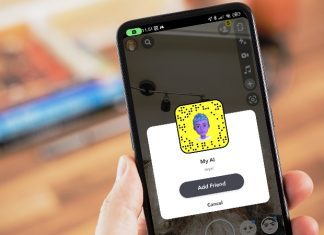When you study for a programmer, after a year or two, you will need to select a programming language to study. In the process of selection, a beginner should take into consideration the following criteria:
- The presence of vacancies in the market. The main purpose of this approach is to find a well-paid job as a programmer. And it is almost impossible if you are going to study a language that is not in demand. Check the sites with job posts and make up a list of the most popular languages. Then proceed to the next step.
- The low level of entry into the market. If you need to spend a long time mastering a language, you will be easily discouraged because the process is quite monotonous. Check the list you have made and read about these languages. Which of them require less literature and time? Which of them seem easy to you? These can be the following languages: PHP, Ruby, or Python.
- The positive attitude to the process. If you dislike the process of writing code, you will not be fond of your work and life. Making the right choice now is the prerequisite for a happy life.
- Also, you will have to decide on the specific field of programming. You can select among mobile, desktop, games, web, low-level programming, and so on. The most demanded and easy niches are development for web, mobile, and desktop. Depending on a preferred field to work in, you need to select a programming language to study.
Acquire the knowledge of web technologies. You need to master HTML, CSS, and JavaScript markup languages because they will make your page dynamic. Next, pay attention to the server-side languages (Python, PHP, Ruby, and others) and suitable web frameworks for it. Also, you should learn how to work with databases: almost every job post has got these requirements. Obtaining this knowledge is crucial even if you have to sacrifice some other disciplines. In this case, resort to the assistance of programminggeeks specialists that can cope with any programming assignment that is difficult for you.
How to Get the Initial Experience
Gaining experience is sometimes more essential than learning the theoretical part. Therefore, a beginner should already start looking for possibilities to apply theoretical knowledge in practice. Here are some useful tips:
- Don’t wait until you master all the necessary skills and acquire all the knowledge in a programming language you have selected. Start writing your code before you finish reading the first book. If it contains tasks, complete them. Do you have your own ideas? It is wonderful — try to implement them in life.
- Find your first projects. It is one of the most complicated steps. You can sign up for a freelancer platform, join various thematic communities on social media, in other words, dive into the field, and search for every possibility to fulfill a project (or at least a task). Add completed projects to your CV, it is going to be a great benefit for you when you apply for a job. Employers appreciate the initiative and proactive applicants.
- Another great option for getting real experience is open source. Such projects always require new people, even beginners. You can work on searching for bugs in the project and suggest methods for solving them.
- The next possibility is to assist professional programmers. Ask them to give you simple tasks. Becoming someone’s assistant is a great way to learn a lot in the field, get feedback regularly, and understand your gaps in knowledge and skills.
Becoming a programmer is a complicated, however rewarding, way to success and prosperity in the future. Work hard, and you will be grateful to yourself.








